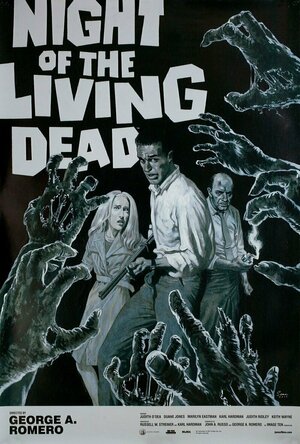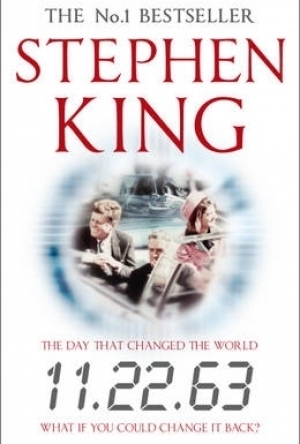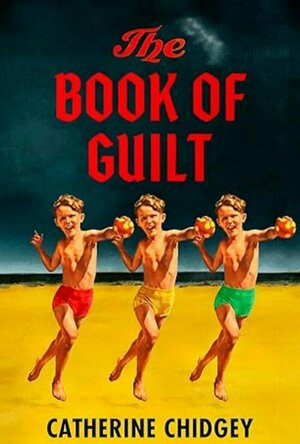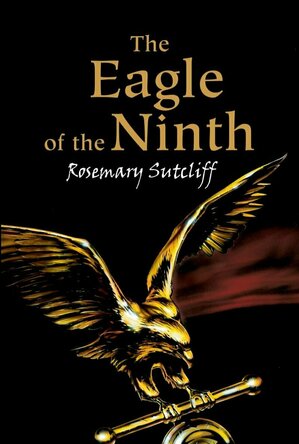Otway93 (580 KP) rated Night of the Living Dead (1968) in Movies
Oct 1, 2022
The story is of course typical, but with a little bit of a science-fiction element I wasn't aware of, so that was a nice surprise! But it is worth mentioning the small, enclosed setting which makes the film all that much scarier and makes it a genuinely frightening movie.
All of the actors played their parts to perfection, and the perfect blend of different character traits among the 6 main characters provides the film with another layer of horror.
The soundtrack is beautiful. An unusual score consisting of strings, horns and synthesisers, all at different times. It is reminiscent of 1950s and early 1960s Kaiju films.
Finally, the ending. The ending is a masterpiece, and certainly not the typical zombie ending. I'll leave it there to leave the "surprise" intact.
Overall, apart from the aforementioned punches, a total masterpiece, and I can't wait to watch Dawn of the Dead when it arrives!
P.S. The original quality of the film is quite poor, but the 4K remaster is stunning, so I definitely recommend the Criterion Collection 4K remaster as the film quality is dramatically improved.
I don't know whether that's because he's best known as a horror writer (with that being my least favourite genre), or whether because as a UK native I don't have quite the same cultural touchstones as King himself (or other American readers/writers), but there you have it.
(And, as an aside, I find that date format of 11.22.63 to be very disconcerting - I'm more used to dd/mm/yy i.e. 22/11/63 instead of 11.22.63)
Anyway, with all that said, I decided to give this a chance after it was recommended to me by a friend as 'a bit like Quantum Leap. I would have thought it was right up your street' (and I'm paraphrasing there somewhat).
I can see where he was coming from - this is a time travel novel, after all, here dealing with the JFK assassination - with the hero of the piece out to stop that assassination after finding a 'wormhole' back in time to the late 1950s.
Now that I've read it, I can say that it is definitely immersive with some solid world building, but boy does the middle section draaagggg: I was tempted, at one point, to just skip forward a good chunk (I didn't) to see if anything of note would happen ...
In short? Enjoyable enough, yes, but not enough to make me want to change my outlook on other King novels.
ClareR (6074 KP) rated The Book of Guilt in Books
Jul 17, 2025
Everything about the atmosphere in the home, from the three shift-working “Mothers” (Mother Morning, Mother Afternoon and Mother Night), to their lessons from the Book of Knowledge, to their dreams being recorded in the Book of Dreams and their misdemeanours in the Book of Guilt.
Life begins to change in the Sycamore Home, and as it does, it raises so many questions about the things that the boys have been told.
I couldn’t put this down, and read it in two days. It gave me Kazuo Ishiguro’s Never Let Me Go vibes (not too much of a spoiler!). The boys are regarded with suspicion and fear, which made me feel for them even more. The addition of the Minister for Loneliness (a great idea, by the way) added an outsiders view to the concept of the Sycamore Homes.
The writing is mesmerising, the characters are rounded and very human (regardless of other characters opinions), and both the setting, the plot, and the ending were just perfect.
This is only my second Catherine Chidgey novel (the first was Remote Sympathy, and that was also a top read for me), and I really need to read more!
David McK (3716 KP) rated The Eagle of the Ninth in Books
Jan 28, 2019
But how did it come to be there?
While no-one knows for certain, those 2 facts together form the starting point for this story, which sees the son of the last commander of said Legion traveling North 'beyond the [Hadrians] wall' to search for and return said Eagle after his partial recovery from his laming during an attack on his outpost, and after he hears rumours of an Imperial Eagle in the Celts hands.
He is accompanied on this journey by his freed slave, whom he had previously (before the journey, during his recovery) rescued from the Arena.
While I had previously seen the 2011 film of the same name, I'd actually never read the source material before, so was unable to say how truly it stuck to the same.
Now I have, and I have to say: said movie does stick remarkably close, even if not entirely faithfully. the book, I found, could be a bit slow at times, and also tended to gloss over the less pleasant (shall we say) aspects of Roman society, with the Romans largely portrayed as civilized as compared to the uncouth Barbarians.
But then again, this is -supposedly - a children's book, and also a product of its time (first published, remember, in the 1950s).

Toni: My Story: The Rags-to-Riches Story of Toni & Guy, 'Hairdresser to the World'
Book
TONI MASCOLO was a happy one-year-old toddler in the sleepy Italian town of Scafati, near Pompeii,...
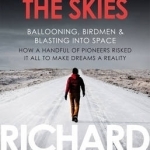
Reach for the Skies: Ballooning, Birdmen and Blasting into Space
Book
As far back as stories go, pioneers have reached for the skies. In the last two hundred years, they...
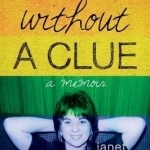
Rebel Without a Clue: A Memoir
Book
Having been brutally introduced to sex at the tender age of fourteen, Janet Green's strikingly...

The Alley of Love and Yellow Jasmines
Book
Enchanted by the Hollywood movies she watched while growing up in affluent Tehran in the 1950s and...
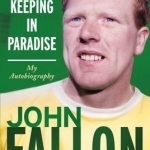
Keeping in Paradise: My Autobiography
Book
John Fallon remains one of Celtic's great characters and is a lifelong supporter of the club. Now,...
Managing the Economy, Managing the People: Narratives of Economic Life in Britain from Beveridge to Brexit
Book
This study offers a distinctive new account of British economic life since the Second World War,...
